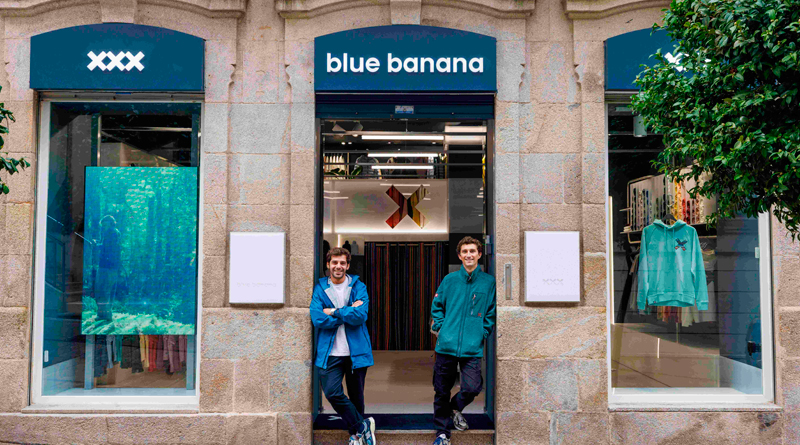Interview with Alexis Rouëssé, co-founder and CEO of Arrago, who has just raised €55 million in Seed funding to help seniors improve their quality of life and preserve their independence.
How did you come up with the idea to start your company, and when?
In my late thirties, I was already thinking that I would have to start my own company one day. I was then in a large banking group called BPCE today. Every time I launched an activity in this group, I had the impression of creating a bit of my own SME. I was convinced that at some point, I would have to dare. To take the plunge, I had to be pushed a little. It was in 2016, while I was working at Crédit Foncier. I had developed an activity to help banks, especially regional banks, manage their balance sheet. My superiors told me they were going to stop this activity that I had started since 2011. However, my clients wanted to continue. I went to see the CEO and told him “I still have work to do.” We parted on very good terms and I continued the activity. That’s how at the end of 2016-beginning of 2017, I launched my company.
Was it doing exactly the same thing?
Not exactly. We help banks, but not the BFIs, the very large ones. We rather address the second tier to buy the loans they hold. This activity allows banks to continue to do their thing because they all have risk ratios, liquidity, equity ratios… Since 2008 (subprime crisis, ed.), with the strengthening of regulation, they face more difficulties in this area. In the end, we help them sell their loans so they can lend to their customers again. We quickly realized six hundred million euros in loan sales. This may seem huge, but it’s pretty easy in finance. Numbers quickly become exponential. We continued this activity, but it remains very dependent on the conjunction of rates, liquidity. It is therefore a very market-dependent activity.
How did you react?
From the end of 2019, we wanted to be less dependent on these uncertainties and we had identified a need. That’s how we came up with the idea of developing a product called the “Prêt 60”, a loan for people over 60 years of age. We invested all the money we had earned in the previous activity for this new one, which has the advantage of being recurring.
There was a long maturation period because we had to, among other things, set up a partnership with a bank, a subsidiary of Crédit Mutuel called CFCAL (Crédit Foncier Communal d’Alsace Lorraine, ed.) and find refinancing as well as raise funding. Apart from this latter, it was necessary for the processes to be “compliant” with banking regulation, and for our IT systems to be up to par. It takes time and we only granted the first loan since April, that is to say 3 and a half years after the launch.
Is this what took you the most time?
Above all, and this is a very important point for us, we wanted our action method to protect the customers. People over 60 are generally in good health. As we lend up to 122 years old (Jeanne Calment’s age at her death, ed.), we know that some seniors are less fit than others. However, they remain people considered “fragile” even if they are in good health. This is what we pay particular attention to in order to prevent abuse of weakness.
What exactly does your offer consist of?
Our loan is quite special, because it is a loan without monthly payments. As a result, it does not affect people’s disposable income. It is repayable when you want and at the latest at the death. It is really when you want! It may seem miraculous but it is not! We are not foolish people because we take a mortgage guarantee but it remains a guarantee. Indeed, if there is an increase in the real estate market, we do not benefit from it. It is for the borrower or their heirs. In other words, the borrower remains fully owner and the day he wants to sell, he sells and generally repays us. In short, they do what they want and borrow the amount they need.
Who does it concern?
There are many people who bought properties in Paris or in the metropolises, a number of years ago when they were not too expensive. These properties have appreciated in value and are sometimes worth a fortune. They are sitting on a gold mine but they may have difficulty buying their baguette.



